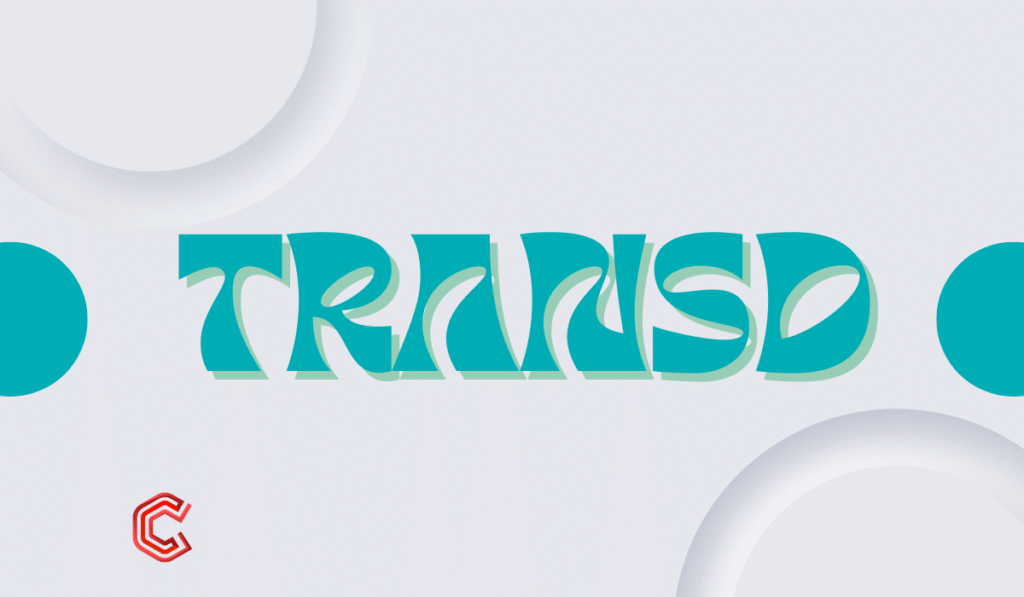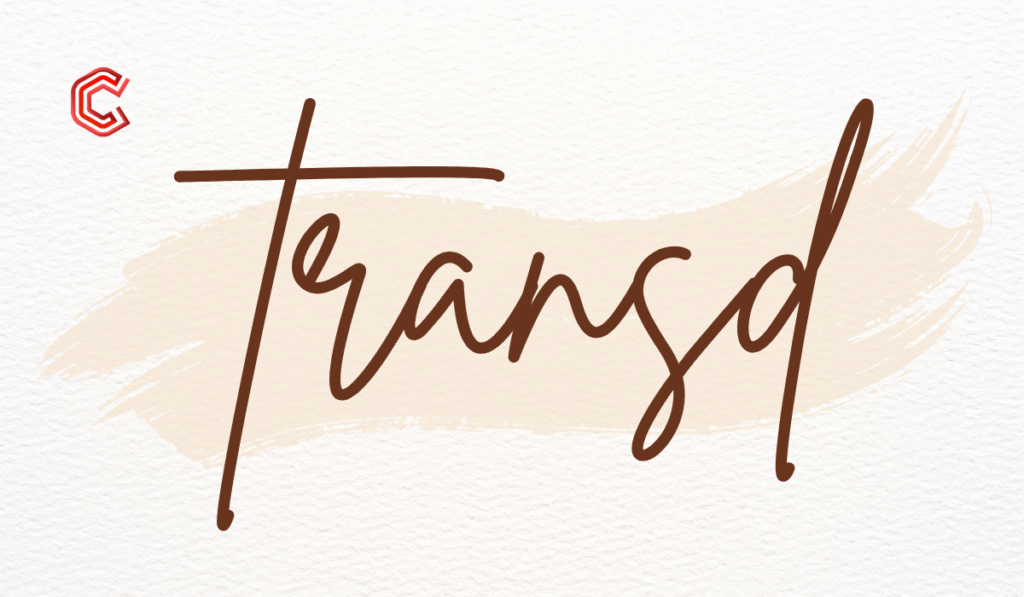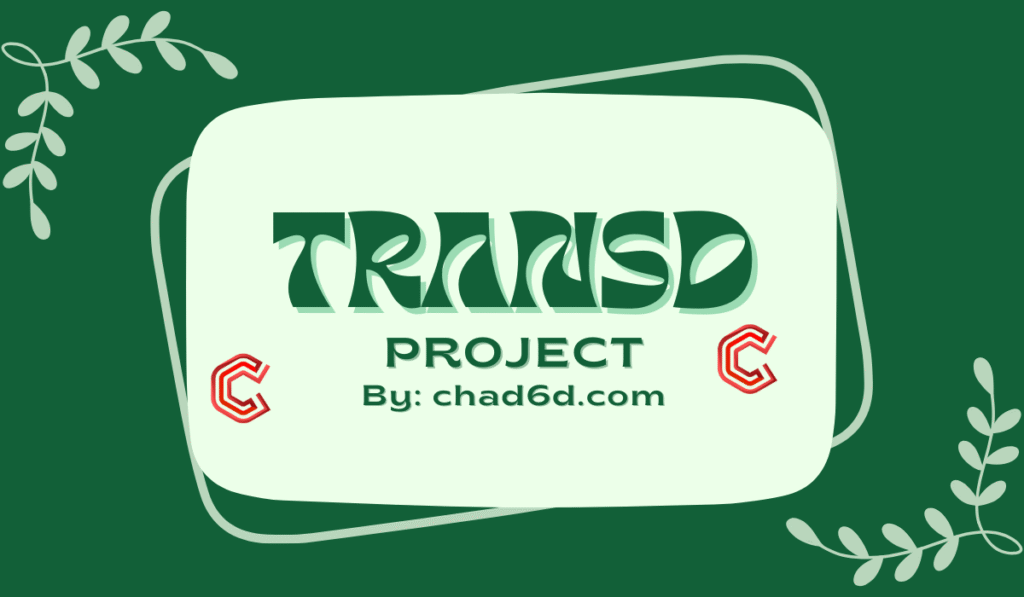In a world where boundaries between technology, biology, and identity blur more with each passing day, new concepts emerge that challenge traditional categories. One such concept making quiet but powerful waves is transd. While not yet a household term, transd holds the potential to redefine how we perceive change, growth, and evolution—across industries, ideologies, and identities.
This article dives deep into the nature, origin, and multidimensional implications of transd. We’ll explore its potential applications, societal impacts, and the questions it raises for our future.
What is Transd?
To understand transd, we must first strip away assumptions and step beyond the binary.
At its core, transd is a conceptual prefix standing for “transdimensional,” “transdisciplinary,” or even “transdefined.” It is a term still gaining shape—used in emerging academic fields, philosophical discussions, and creative projects alike. Unlike more rigid terminology, transd is fluid, intentionally undefined in a way that invites innovation.
But don’t mistake its openness for vagueness. The power of transd lies precisely in its capacity to span across known dimensions—be they scientific, cultural, emotional, or existential.
The Linguistic Roots of Transd
The term transd appears as a linguistic evolution. It originates from:
- “Trans-“ meaning across, beyond, or through
- A variable second half (d) that may represent dimension, discipline, or definition
In various academic texts, transd is used as a shorthand for transdisciplinary, suggesting an approach that transcends the boundaries of traditional academic fields. However, its use is now moving beyond academia into technology, design, and speculative futures.
This fluidity gives transd a kind of cultural gravity. It is a label that resists labels—an identity for the post-identity era.
Applications of Transd in Real-World Fields
Let’s explore where transd thinking is already beginning to make an impact.

1. Transd in Technology and Design
In tech innovation, transd is synonymous with integration across platforms, realities, and interfaces.
Case Study: Transd UI/UX
Imagine a future interface that isn’t bound by screen, voice, or even gesture alone—but combines all. A transd UI/UX could seamlessly interact across physical and virtual environments, adapting to users’ moods and intent.
Think beyond AR or VR. A transd interface merges digital and biological signals to predict and respond to needs before they are consciously known.
Transd AI Models
AI is currently siloed into narrow, general, and multimodal categories. A transd AI model could hypothetically operate across human emotion, cultural intuition, and mathematical logic simultaneously—processing not just information but context, perspective, and intent.
2. Transd in Psychology and Human Identity
In the field of psychology, transd could symbolize identity in flux. More people identify today not through rigid labels, but through fluid self-conceptions. Gender, neurodiversity, and cognitive expression are becoming transd—beyond binary, embracing spectrums.
The Rise of Transd Identity
While terms like “non-binary” or “genderfluid” address specific areas, transd implies an identity that shifts beyond not only gender, but social constructs entirely.
This gives individuals space to create personalized expressions—drawing from multiple cultures, experiences, and emotional landscapes.
3. Transd in Art and Creativity
In creative industries, transd manifests in works that combine sound, sculpture, code, and AI into immersive, multilayered experiences.
Transd Aesthetic
The aesthetic of transd art rejects uniformity. It is layered, chaotic, nonlinear—intentionally collapsing old categories. A transd art piece might include:
- Neural network-generated poetry
- Live human interpretation
- Projection-mapped physical environments
- Feedback loops driven by biometric data
This is not futurism. It is nowism—art that lives between categories, in real time, and in constant evolution.
Why the World Needs Transd Thinking
The challenges of the 21st century—climate collapse, algorithmic bias, isolation—can’t be solved by siloed thinking. They require transdimensional solutions that embrace contradiction and complexity.
Transd approaches bring multiple disciplines, realities, and epistemologies into the same space.
Imagine:
- Economists working with poets
- Engineers learning from shamans
- Coders designing with ecologists
This isn’t idealism. This is the transd imperative—because complexity demands complex collaboration.
The Philosophical Implications of Transd
When we talk about transd, we are also talking about reality itself.
What does it mean to be beyond definition? What does it mean to resist category, yet still communicate? To exist within a system but not be of it?
Transd echoes the ancient philosophical idea of liminality—a threshold state. Yet it also expands it.
Where liminal spaces are transitions, transd spaces are integrations. They do not move from A to B, but hold A and B simultaneously, sometimes even C through Z.
A Vision of the Transd Future
We are entering a time when reality is no longer singular. We coexist across platforms, dimensions, timelines, and digital mirrors. The transd future is not sci-fi; it’s an emerging mode of being.

Let’s break this vision down.
Transd Cities
Urban designers are now creating transd cities—spaces where infrastructure communicates with biology, art becomes part of transit systems, and buildings adapt to human emotion.
Cities become both technological and emotional interfaces.
Transd Education
Traditional classrooms are linear. A transd education system could allow students to move fluidly between disciplines, learning from both AI and indigenous knowledge, combining virtual field trips with embodied practices.
Such systems could nurture empathy, systems thinking, and adaptability—skills the future actually needs.
Transd Relationships
What does a transd relationship look like? Perhaps it’s not based on conventional labels like romantic or platonic, human or synthetic.
It may involve multiple entities—human, AI, animal—engaging in networks of mutual care, creativity, and connection.
Love, in the transd future, is less about possession and more about presence.
Challenges and Critiques of Transd
No revolutionary idea comes without resistance.
Critics of the transd movement argue:
- It lacks definition and risks being co-opted into marketing jargon
- It may erase valuable traditions or categories needed for safety and identity
- It can be used to bypass ethical accountability in design and tech
These critiques are valid. But they also point to the need for transd with intention—an approach grounded in ethical pluralism.
How to Practice Transd Thinking Today
You don’t need to be a philosopher or technologist to adopt transd frameworks. You can start right now.
Here’s how:
- Observe categories you unconsciously use—gender, age, intelligence, productivity. Can you see beyond them?
- Learn across boundaries—read a poet if you’re an engineer, study mushrooms if you’re a marketer.
- Build unlikely collaborations—bring together people from different walks of life to solve a problem together.
- Reflect on your identity not as fixed, but as a stream of roles, experiences, and possibilities.
The transd mindset is not about rejecting what is—it’s about seeing more of what could be.
Final Thoughts: Transd as the Next Paradigm
We stand at a crossroad. The world is accelerating, fragmenting, and evolving. Traditional frameworks no longer hold the complexity we live in.
Transd is more than a word. It is a call to expand our vision, to invent new languages, and to create new forms of understanding.
It invites us to live in multiplicity—not as a contradiction, but as a strength.
Frequently Asked Questions About “Transd”
Q: Is transd a real word?
A: Technically, transd is not yet officially recognized in most dictionaries. However, it is emerging in academic and creative contexts as a meaningful concept.
Q: What is the difference between transd and transdisciplinary?
A: While “transdisciplinary” is specific to the blending of academic fields, transd is broader—it can refer to identity, technology, design, philosophy, and more.
Q: How can businesses benefit from transd thinking?
A: Businesses that adopt transd approaches can innovate faster, design better user experiences, and adapt to cultural shifts more fluidly.


